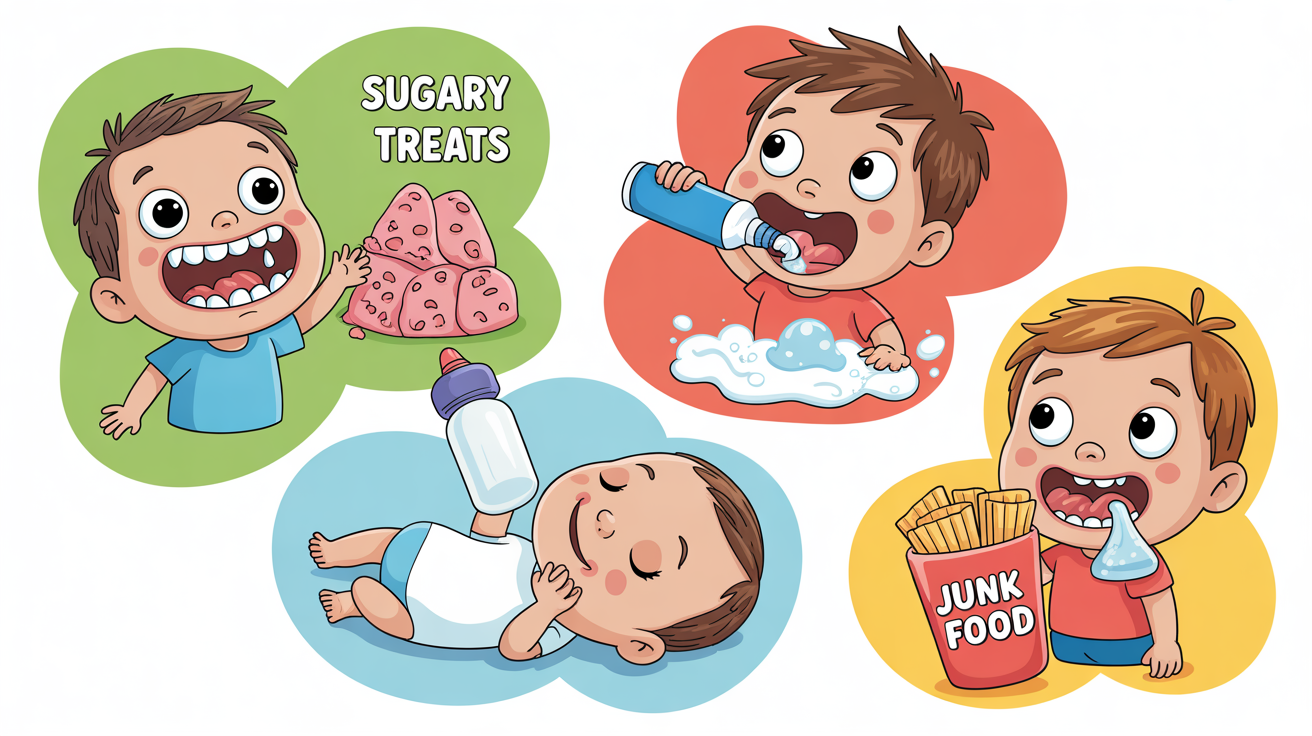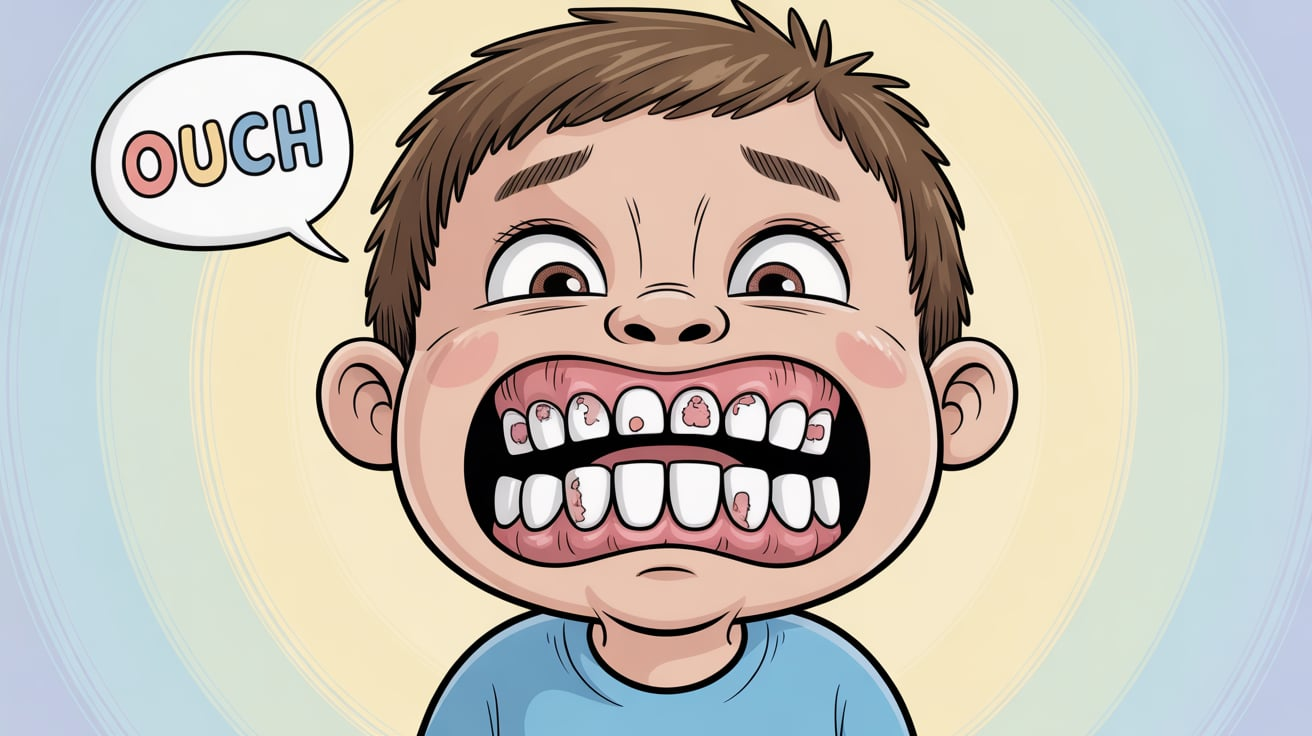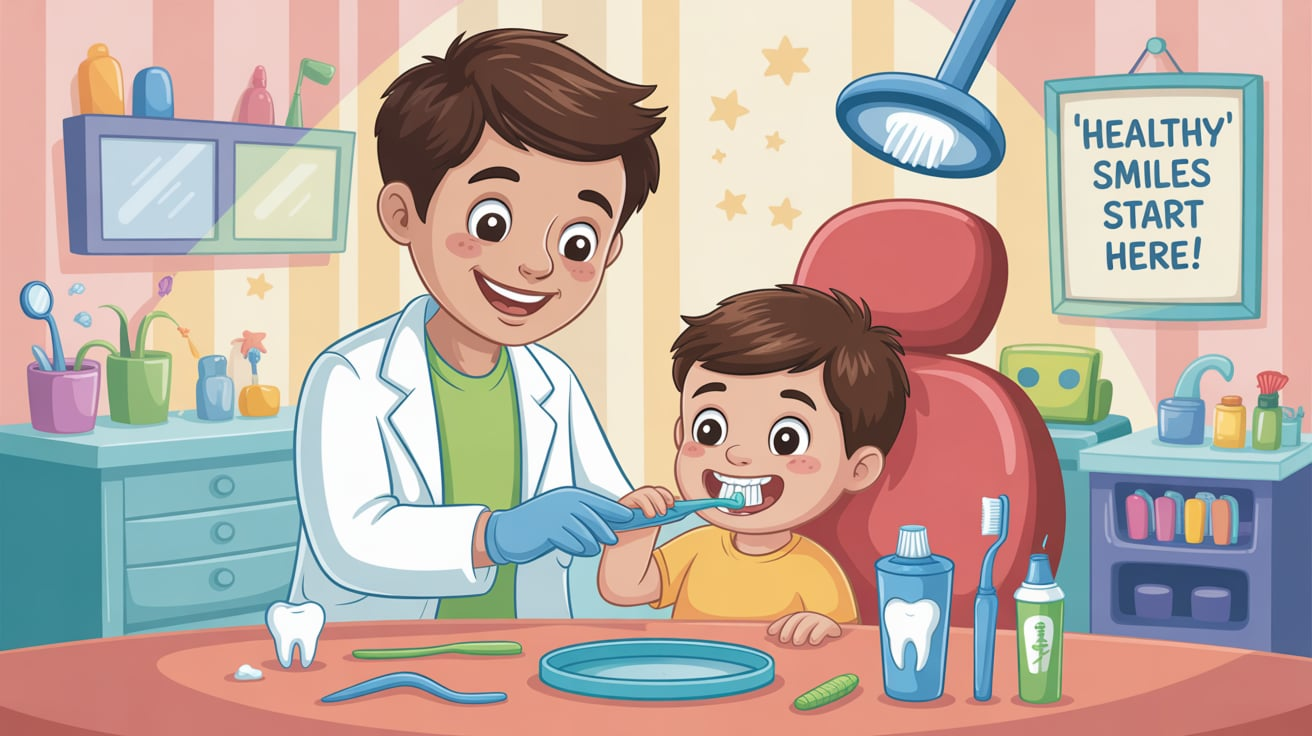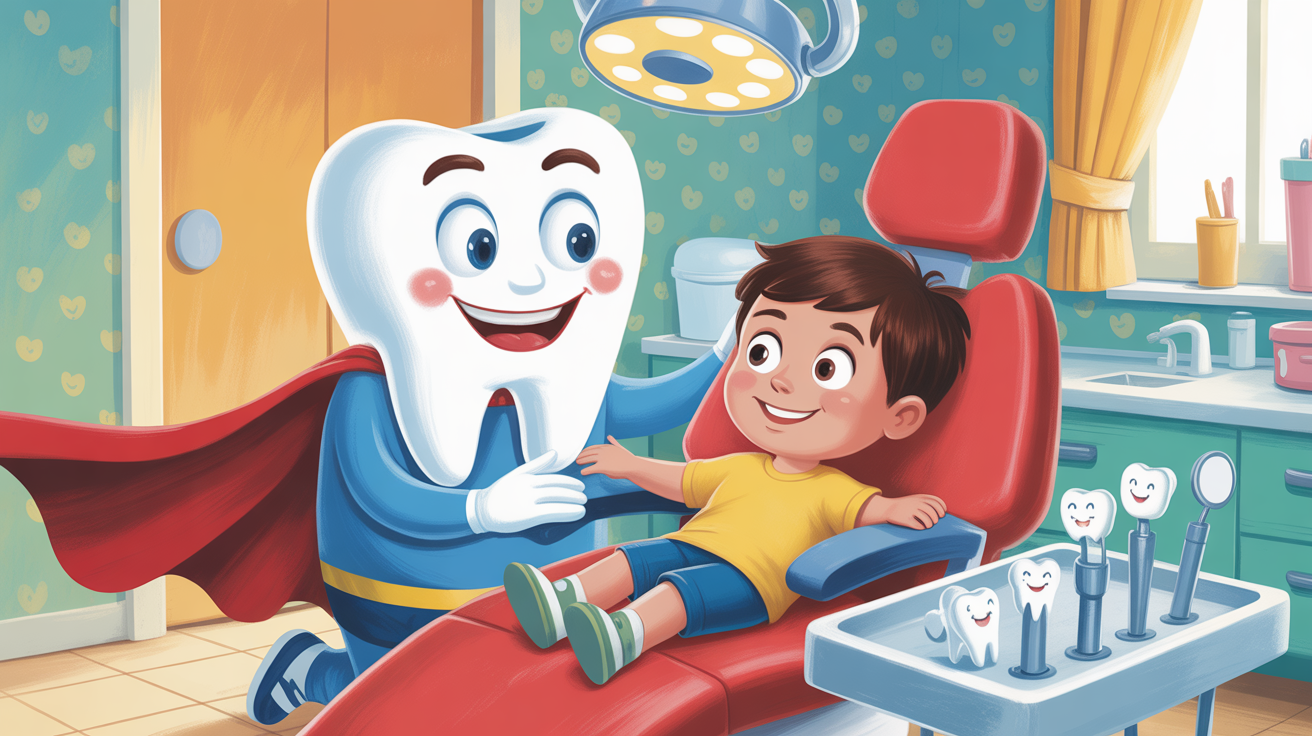Bad Teeth in Kids: Causes, Treatment & Prevention Tips
Children’s dental health represents a critical aspect of overall childhood wellness that demands careful attention and proactive management.
Tooth decay can significantly impact a child’s quality of life, affecting their nutrition, self-esteem, and long-term oral health.
Multiple factors contribute to dental problems, creating a complex landscape for parents to guide.
Genetics, diet, hygiene habits, and environmental influences all play crucial roles in determining a child’s dental health.
Understanding these interconnected elements helps parents develop effective strategies for preventing and addressing tooth-related issues.
Bad teeth in kids are often the result of a combination of factors.
Genetics can influence the strength of their teeth, making them more susceptible to decay.
However, the most common cause is poor oral hygiene.
Children who skip brushing or brush incorrectly are at a higher risk of developing cavities.
Sugary snacks and drinks also play a significant role, providing food for harmful bacteria that lead to decay.
Additionally, inconsistent dental care habits or frequent consumption of acidic beverages can weaken enamel, leading to further problems.
By understanding these factors, parents can take proactive steps to ensure their children have healthier smiles.

Children’s dental health is a complex issue influenced by various critical factors.
Understanding these causes can help parents take proactive steps to protect their children’s oral well-being.
| CAUSE | DESCRIPTION | IMPACT ON DENTAL HEALTH |
|---|---|---|
| Sticky bacterial film that builds up on teeth | Leads to tooth decay and gum disease | |
| High sugar and starchy food consumption | Promotes bacterial growth and enamel erosion | |
| Irregular or improper brushing and flossing | Allows plaque buildup and increases cavity risk | |
| Certain drugs that affect saliva production | Reduces natural tooth protection mechanisms | |
| Inherited dental structure and susceptibility | Influences tooth strength and decay resistance | |
| Insufficient fluoride exposure | Weakens tooth enamel and increases decay potential |
Proactive dental care, regular check-ups, and a balanced approach to diet and oral hygiene can significantly mitigate these risks and promote lifelong dental health for children.
Dental plaque is a sticky, colorless film of bacteria that constantly forms on the surfaces of teeth in children’s mouths.
These microscopic organisms feed on sugars and produce harmful acids that can quickly erode tooth enamel.
When left unchecked, plaque hardens into tartar, creating a protective shield for bacteria to continue damaging teeth.
Regular brushing and flossing help remove plaque before it causes significant dental damage.
Professional dental cleanings can also prevent long-term complications associated with persistent bacterial buildup.
Diet plays a crucial role in children’s dental health, with certain foods significantly increasing the risk of tooth decay.
Understanding these dietary culprits can help parents make informed nutritional choices.
Mindful eating habits and balanced nutrition are key to protecting children’s teeth from decay and promoting long-term oral health.
Some medications can unexpectedly compromise children’s dental health in ways parents might not immediately recognize.
Gummy vitamins, while nutritionally beneficial, often contain high sugar content that promotes bacterial growth in the mouth.
Asthma inhalers can reduce saliva production, creating a dry environment that increases tooth decay risk.
Certain liquid medications contain high sugar levels to improve taste, potentially damaging tooth enamel with prolonged use.
Consulting pediatric dentists about medication-related dental concerns can help mitigate these potential oral health challenges.

Early detection of dental problems can prevent long-term oral health complications in children.
Parents should remain vigilant and watch for these critical warning signs of potential tooth decay.
Recognizing these symptoms early and seeking professional dental care can help prevent more serious oral health issues.

Addressing dental issues in children requires a comprehensive approach that combines professional treatments with proactive home care strategies.
Fluoride treatments help strengthen tooth enamel and prevent further decay in vulnerable teeth.
Dental sealants provide a protective coating on chewing surfaces, blocking bacteria and food particles from causing additional damage.
Professional cleanings remove stubborn plaque and tartar that regular brushing cannot eliminate.
Regular dental exams enable the early detection and intervention of potential oral health issues.
Dentists may recommend specific treatments, such as fillings, to repair existing tooth damage and prevent future complications.
Proactive dental care is essential in maintaining children’s oral health and preventing long-term dental complications.
Early interventions can significantly reduce the risk of tooth decay and other dental issues.
| TREATMENT | PURPOSE | FREQUENCY |
|---|---|---|
| Dental Exams | Comprehensive oral health check | Every 6 months |
| Professional Teeth Cleaning | Remove plaque and tartar buildup | Twice a year |
| Fluoride Treatments | Strengthen tooth enamel | Annually or as recommended |
| Dental Sealants | Protect tooth surfaces from decay | Every 2-3 years |
| Dental X-rays | Detect hidden dental problems | As needed, typically annually |
Regular preventive treatments form the foundation of excellent childhood dental care and long-term oral health.
Establishing a consistent oral hygiene routine is crucial for children’s long-term dental health and for preventing tooth decay.
Parents play a vital role in teaching and implementing good dental care habits.
Consistency and patience are key to developing lifelong healthy oral hygiene habits in children.

Nutrition plays a crucial role in maintaining children’s oral health, with certain foods promoting dental strength while others can potentially harm tooth enamel.
Understanding the impact of diet is key to preventing tooth decay and supporting overall dental wellness.
| FOODS THAT PROMOTE HEALTHY TEETH | FOODS TO AVOID FOR HEALTHY TEETH |
|---|---|
| Fruits and vegetables | Sweets and candies |
| Dairy products (milk, cheese) | Sticky foods (raisins, toffee) |
| Whole grains | Sugary beverages |
| Lean proteins | Carbonated soft drinks |
| Nuts and seeds | Processed snack foods |
| Water | Sticky, hard candies |
Mindful food choices can significantly contribute to children’s dental health, helping to build strong teeth and prevent cavities through smart nutritional decisions.

Regular dental check-ups are essential for maintaining children’s oral health and preventing potential long-term dental complications.
Pediatric dentists recommend scheduling the first dental visit by a child’s first birthday or within six months of first tooth emergence.
Annual or bi-annual check-ups help detect and address potential dental issues before they become serious problems.
Immediate dental visits are crucial if children experience persistent tooth pain, visible cavities, or unusual tooth discoloration.
Signs like swollen gums, difficulty eating, or complaints about mouth discomfort warrant prompt professional dental evaluation.
Parents should remain proactive in monitoring their children’s oral health and responding to any warning signs.
In conclusion, addressing poor dental health in children requires early intervention and ongoing preventive care.
Parents play a crucial role in instilling healthy dental habits.
Regular dental visits help catch issues early, minimizing long-term complications.
A balanced diet supports strong teeth, while proper brushing techniques prevent cavities and decay.
Educating children about the importance of dental health fosters good habits.
With consistent care, bad teeth can be avoided, ensuring a future of healthy, confident smiles.
Prioritizing dental health today sets the foundation for your child’s lifelong well-being and comfort.
Encourage positive habits to ensure your child’s dental success.
Love learning about pregnancy and baby care? to browse our other blogs for more useful information!









